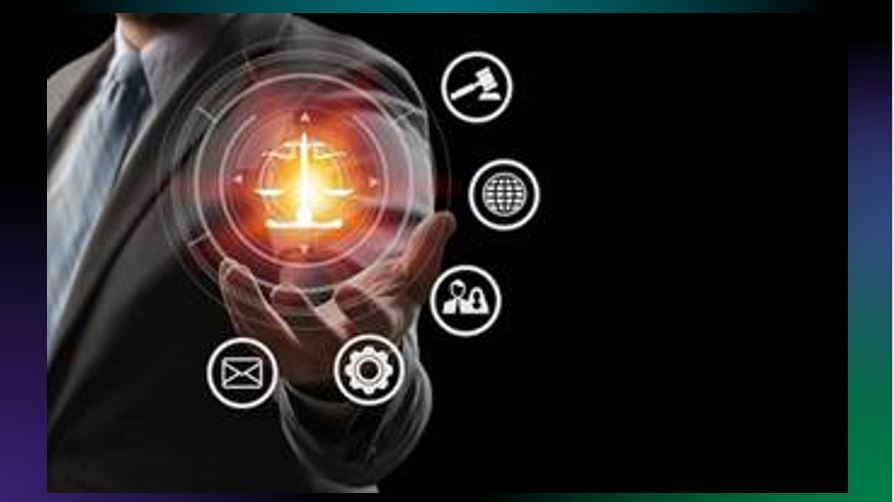Platforms like Celeste AI record hearings and testimonies in minutes, freeing up resources for more strategic tasks
While in many countries the legal sector already benefits extensively from applications based on artificial intelligence (AI) to speed up legal procedures, the adoption of this technology in Brazil has been growing slowly. However, according to startups that offer new AI solutions in the legal market, the gain in productivity in some tasks it can reach more than 90%.
One example is the recording of audio and video, one of the most costly tasks in the legal industry, from an operational and economic point of view, which can now be optimized with AI. Still very common in offices around the country, the work of manually recording meetings with clients and hearings can consume professionals' working days.
 With the use of AI for transcription, the same work can be done in less than 15 minutes, as explained by Leonardo Lemos, legal head at Celeste AI, a Brazilian automated 100% de-transcription platform that transforms voice files into text in six languages. In comparative terms, this represents a saving of 90% in the time involved in the task of transforming voice recordings into legal documents, allowing professionals to dedicate themselves to more strategic aspects of their work.
With the use of AI for transcription, the same work can be done in less than 15 minutes, as explained by Leonardo Lemos, legal head at Celeste AI, a Brazilian automated 100% de-transcription platform that transforms voice files into text in six languages. In comparative terms, this represents a saving of 90% in the time involved in the task of transforming voice recordings into legal documents, allowing professionals to dedicate themselves to more strategic aspects of their work.
For law firms, the use of AI-based automated transcription is synonymous with efficiency, savings and operational gains. Compared to manual transcription, automated transcription is on average 16 times faster. Accuracy compared to manual transcription also tends to be equivalent. In addition, AI-based transcription makes data more easily accessible for analysis, research and use in other contexts.
“The legal sector has been modernizing around the world. In the United States, the use of public transcripts has been part of legal culture for decades. Now, with the use of AI, we are talking not only about exponential gains in productivity for law firms in Brazil, but also about greater precision and transparency in the legal sector,” says Lemos.
The demand for automated transcription services has been growing among lawyers. In response, Celeste AI has invested in developing a robust legal vocabulary and launched special plans to meet the diverse needs of professionals and firms in the sector.
Modernization of the legal sector in Brazil
In the United States, the Supreme Court began using AI in 2019 as part of a pilot project to improve the efficiency and accuracy of legal transcriptions. The AI system transcribes audio in real time, and a human reviewer checks the transcript to ensure its accuracy. In Brazil, however, the adoption of AI in the legal sector is still in its infancy, mainly due to resistance to change and lack of familiarity with the technology.
Ana Paula Pereira, co-founder of Celeste AI, believes that this should change in the coming years. “The use of AI in the legal sector has shown that it is possible to combine new technologies with the human factor, ensuring savings in resources in offices. It is not about replacing professionals, but about using technology to increase efficiency in the legal sector,” she says.
There are several aspects that must be taken into consideration when choosing a transcription solution for legal files, including issues of security, privacy and compliance with the General Data Protection Law (LGPD).
About Celeste AI
Celeste AI is a Brazilian startup pioneering the development of artificial intelligence for transcription and voice analysis. Focused on innovation and linguistic diversity in artificial intelligence, Celeste offers automated transcription in six languages and is revolutionizing the way companies and professionals access and interpret audio and video information. Learn more at www.celeste-ai.com.













